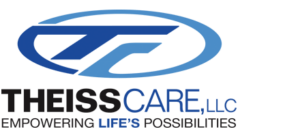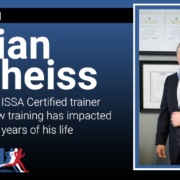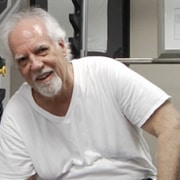What to Do After a Workout? Recovery When You’re Over 45
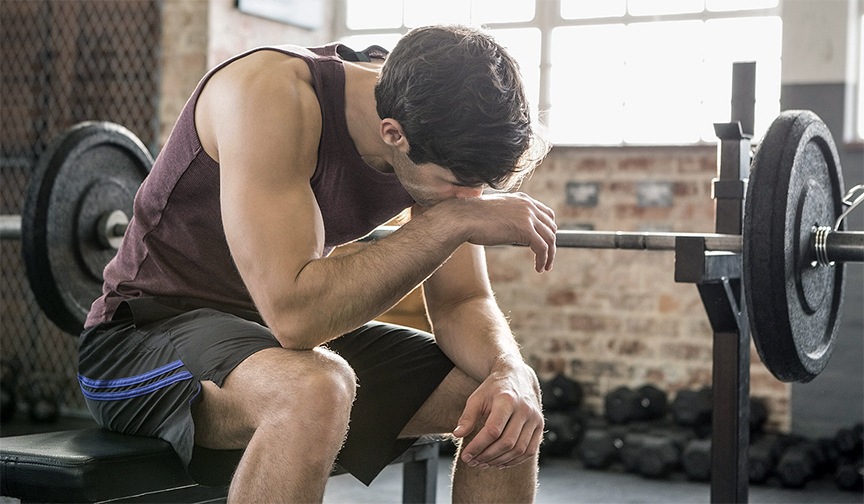
What to Do After a Workout – Recovery When You’re Over 45
Let’s face it, none of us are getting any younger. We make jokes about it, kid each other about being slow, but the truth isn’t any laughing matter. Once you cross 45 chronological years, the vast majority of people notice some big changes. They get tired faster. Workouts are harder and the soreness lasts longer. Recovery is measured in days, not hours. It’s harder and harder to lose weight, and easier to gain it. Our sleeping patterns change and so does our sex drive.
The combination of lifestyle, the modern diet, and lack of regular exercise are a potent combination that delivers some nasty long term results. Even if you want to make meaningful changes, there simply isn’t enough time in the day or week on a regular basis.
Today I’d like to zero in on some of the major health dysfunctions facing the aging professional. It’s not your fault, and this isn’t a lecture to make you feel bad about yourself. Rather, I want you to understand what you’re up against and how you can get back on track.
Maximum Results with Minimum Time Invested
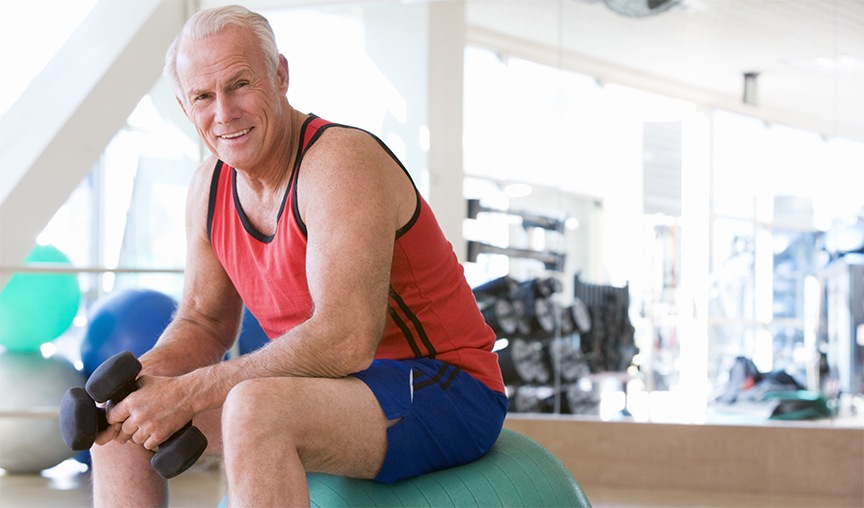
Knowing What to Do After a Workout will Help You Achieve Maximum Results
When you’re in your twenties and thirties you don’t have to be as careful when you workout. It’s easy to do too many exercises for each muscle group, too many reps and too many sets. You didn’t have to worry about what to do after a workout. You probably didn’t even have clear goals for each workout.
When you’re young you can afford to make these kinds of mistakes. As we age we need to be much more careful. We need maximum results with minimum time invested. It’s not just because we lead busy lives and can’t spend hours in the gym. It’s because every workout represents a certain amount of wear and tear on the body. It makes no sense to speed up the depletion by performing more exercise than necessary to achieve our goals.
The challenge we face as we get older is doing the right amount of exercise for each muscle group. Now we need to worry about what to do after a workout! Muscles grow though an adaptive response to the intensity at which they are forced to work. In your mid-40s, your workouts start to take more of a toll on your body and recovering after your workout isn’t what it used to be.
You’ll need to make a few tweaks to your routines to ensure you’re not over-training. Lengthy workout sessions of weight training and running was perfectly fine in your 20s and 30s, but in your 40s, You’ll have to cut back as it gets harder to get out of bed in the morning after a hard training session.
6 Ways to Recover Naturally
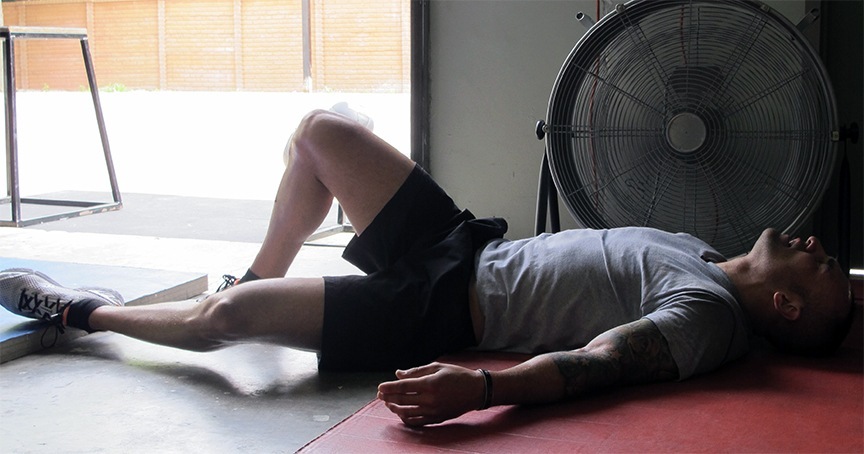
Extreme Fatigue After a Workout Let’s You Know You are Overdoing it
How do you know you’re overdoing it? Extreme fatigue. Exercise should energize and uplift you, even when you feel unmotivated at the beginning of your sweat session. Here are six ways to recover naturally from exercise as you get older. These are the top 6 things you can do to answer the question of what to do after a workout.
Reduce Exercise Time
Instead of an hours-long gym session, you can start with 20 minutes of resistance training, followed by a 20-minute run and that’s it. You can cut this time even more, but it requires careful consultation to create your personalized plan.
Focus on Macronutrients
Eat to replenish after a workout and throughout the day. Ensure you’re getting the right ratio of carbs to protein to fat for your diet and fitness goals. As we age, nutrition plays an even greater role in our ability to metabolize and recover. Decreasing carbs in a controlled and supervised way is especially important for those with insulin resistance or metabolic disorder.
Add More Recovery Days
I used to workout 5-6 days per week. Now, it’s every other day to ensure I get a day to properly recover from my workouts. If you really want to be as efficient with your exercise time, you’ll need to have a personalized plan. You can’t just guess on your own. On off days, do yoga or foam rolling to stretch your muscles, helping to further recovery.
Eat and Drink Natural Anti-inflammatories
A potent natural anti-inflammatory is turmeric. Fruits high in antioxidants and flavonoids like blueberries and cherries are great natural anti-inflammatories as well. Juice it all for speedy recovery.
Consider Adding Supplements
There are a wide range of supplements with high bioavailability that can help improve circulation, metabolism, and reduce inflammation. As our cellular functions begin their natural decline, supplements play an increasingly important role in extending our functionality. It’s best to consult and integrative physician or naturopath to make sure you choose exactly what is right for you.
Plenty of Rest is Essential
Be sure to engage in relaxation via mediation, yoga and mindfulness. For faster recovery and optimal health, go to bed early to get more sleep and drink plenty of water to stay hydrated. The use of fitness tracking apps like Fitbit can help you monitor the quality of sleep to make sure you are getting the full benefit of your resting recovery time.
